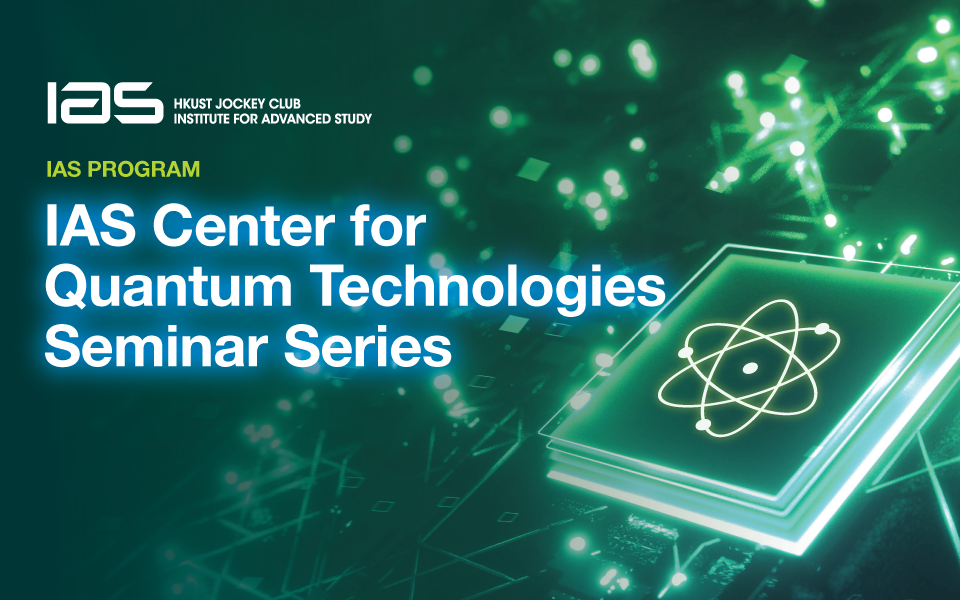Abstract
In 1935, EISTEIN, PODOLSKY and ROSEN presented the famous EPR paradox showing the inconsistency between “local realism” and the completeness of quantum mechanics. This inconsistency was later quantitatively demonstrated by Bell’s theorem in the form of certain inequality, which set the constraint for local hidden-variable theories but can be violated by quantum mechanics.
The speaker will briefly review the history of the Bell inequality, including various forms of the inequality and the experimental effort for the loophole-free demonstration of its violation. The applications of Bell inequalities in quantum information sciences will also be discussed.
About the Speaker
Prof. ZHANG Lijian received his BS and MEng from Peking University. He then obtained his PhD from the University of Oxford in 2009. Upon graduation, he continued his research as a Postdoctoral Researcher at the University of Oxford and a Humboldt Research Fellow at the Max Planck Institute on the Structure and Dynamics of Matter. In 2013, he joined Nanjing University and is currently a Professor of Quantum Electronics and Optical Engineering in the College of Engineering and Applied Sciences.
Prof. Zhang’s research interests include the generation, manipulation and detection of non-classical states of light, and their applications in communication, metrology and simulation.
For Attendees' Attention
This talk will be held online via Zoom. To attend, please join the Zoom meeting at https://hkust.zoom.us/j/92741225389 (Meeting ID: 927 4122 5389 / Passcode: 149773).
About the Center
For more information, please refer to the center website at https://iascqt.hkust.edu.hk/.
https://ias.hkust.edu.hk/events/a-brief-history-of-bell-inequalities-and-their-applications
